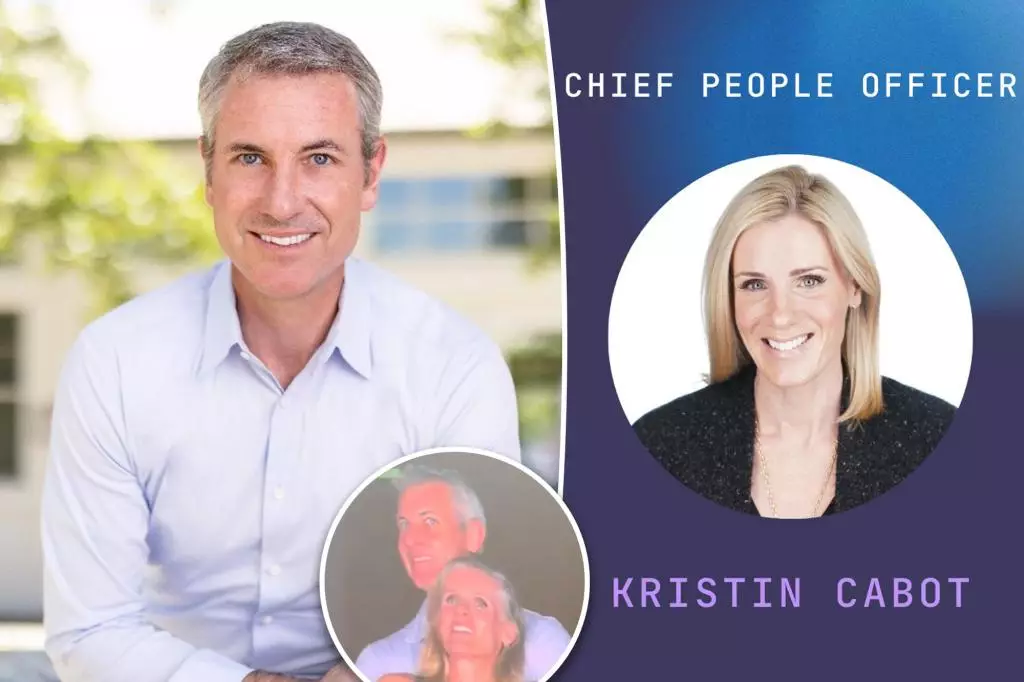In examining the narrative surrounding Kristin Cabot’s appointment and subsequent viral controversy, it’s essential to recognize the high stakes that come with public leadership roles. Often, companies highlight their praise for executives to craft a narrative of competence and vision. In this case, Astronomer’s CEO Andy Byron laudably emphasized Cabot’s strategic talent management skills, positioning her as a catalyst for growth. The emphasis on her capacity to nurture diverse and collaborative cultures illuminates a broader truth—effective leadership hinges not solely on technical prowess but equally on genuine authenticity and moral clarity.
However, the juxtaposition of this professional commendation with the scandal that ensued underscores a pattern of superficiality often prevalent in corporate narratives. Any admiration expressed about integrity and leadership becomes meaningless when personal actions starkly contradict those ideals. The viral Coldplay kiss cam incident—an intimate moment captured unexpectedly—accentuates the societal obsession with scrutinizing personal privacy, especially among executives who are held to higher standards. Yet, it also reveals the superficiality of assuming personal imperfections automatically undermine professional credibility.
Understanding the Impact of Public Shaming
The incident of Byron and Cabot’s supposed affair has ignited social media outrage, yet it also invites reflection on double standards. The viral TikTok capturing their moment of vulnerability was less about the act itself and more about the spectacle it created. Society’s quick judgment, fueled by gossip and sensationalism, tends to overlook the complexity of human behavior. Both Byron and Cabot, reported to be married, found themselves embroiled in a digital witch hunt, stripping away their privacy and reducing their personal choices to mere entertainment.
This episode demonstrates the peril of conflating personal flaws with professional competence. Leaders, like anyone else, are imperfect. Recognizing this truth, rather than punishing or sensationalizing mistakes, could foster a culture of empathy and understanding. Moreover, it prompts businesses and society to question the real significance we assign to personal missteps—are they indicators of competence or merely human frailty?
Challenging the Culture of Vanity and Superficial Judgments
At its core, this controversy exposes a troubling fascination with surface-level morality and a tendency to weaponize private moments. While public figures are vulnerable to intense scrutiny, society’s obsession with moral perfection often neglects the importance of personal growth, accountability, and authenticity. In the realm of corporate leadership, this can distort priorities—distracting from actual merit and strategic vision towards spectacle and gossip.
The deeper message should be a call for a reevaluation of what we truly value in leadership. Is it flawless conduct, or is it resilience and self-awareness? Leaders like Byron and Cabot—despite the viral spectacle—highlight that human imperfections should not automatically disqualify them from professional success. Instead, embracing genuine human complexity may ultimately foster more humane, relatable leadership, which resonates more profoundly with employees and stakeholders alike. The superficial outrage should serve as a lesson that superficial judgments are ultimately damaging and unhelpful—both personally and professionally.

